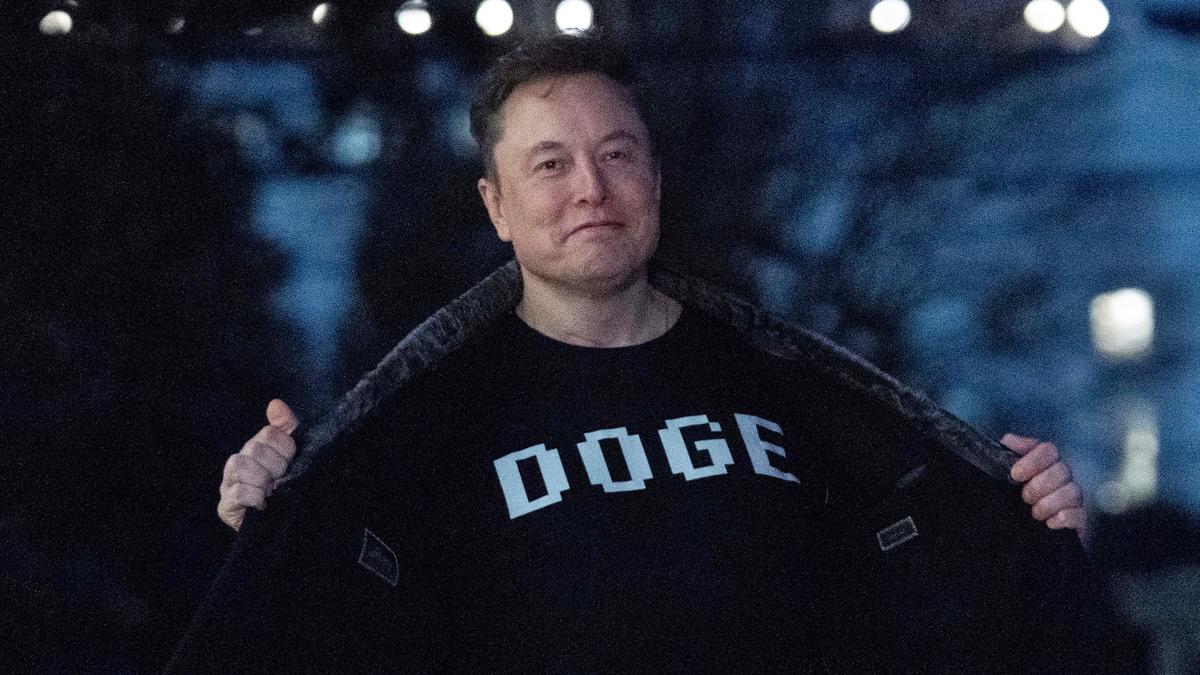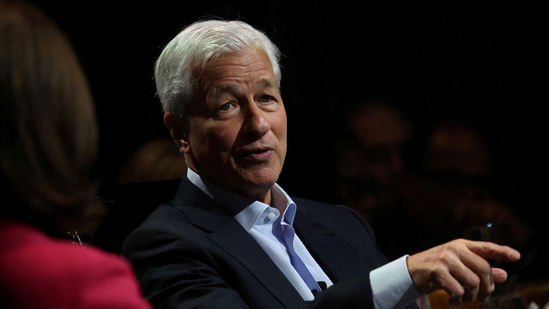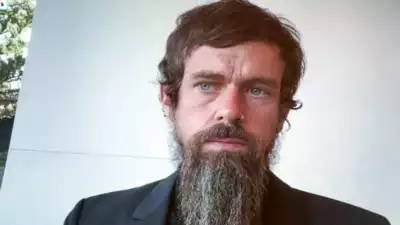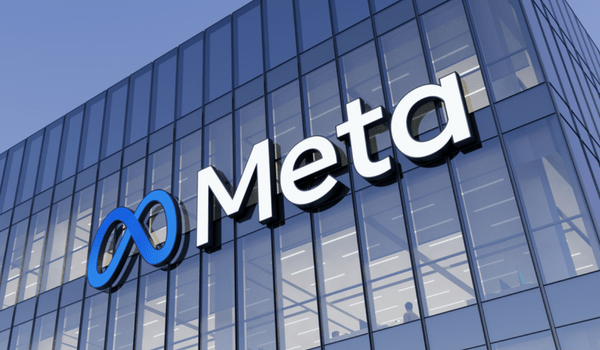Geoffrey Hinton, Nobel laureate and a renowned figure in artificial intelligence, has forecasted that AI-powered private tutors could soon significantly outperform human educators. Hinton predicts these AI tutors will be able to provide highly customised lessons by precisely identifying and addressing individual misunderstandings in learners.
He elaborated, “If a private tutor that’s a person is like two times better, these will be three or four times better.”
This potential advancement could make undergraduate education, especially in technical fields, almost obsolete within a decade. Such a drastic change poses an existential question for universities, which have traditionally been the mainstay for technical education. “It may not be good news for universities, but it’s very good news for people learning stuff,” Hinton remarked. This suggests a future where knowledge acquisition could become more accessible to a broader audience.
Hinton’s observations highlight a significant shift in the educational paradigm as AI begins to democratise learning. While this may concern universities, he acknowledges that traditional institutions will still be essential for research. Hinton believes that research requires an environment of mentorship and original inquiry, something universities currently provide uniquely.
Hinton, who shared the 2024 Nobel Prize in Physics for his pioneering work on neural networks, is also a vocal advocate for caution in AI development. He stresses the importance of prioritising safety and ethics, urging for responsible innovation as AI continues to evolve and potentially disrupt traditional education systems.
As AI takes over routine learning, aspiring computer science students may need to focus on creativity and interdisciplinary problem-solving rather than rote learning. Hinton’s remarks suggest that students may need to rethink the value they seek from university education. “They may well be, yes,” Hinton said when asked if computer science programmes could be in jeopardy.
The AI revolution is indeed redefining how, why, and where people learn. It is not merely changing the future of work but also how knowledge is imparted. This evolution in learning methods prompts a shift in educational focus from traditional rote methods to more innovative and creative problem-solving approaches.
As Hinton’s influential insights continue to resonate, it becomes increasingly clear that the advent of AI in education is not just about efficiency but about fostering a radical reinvention of learning itself. Universities and educational institutions may need to adapt to this new reality or risk becoming obsolete in a rapidly changing world.






















